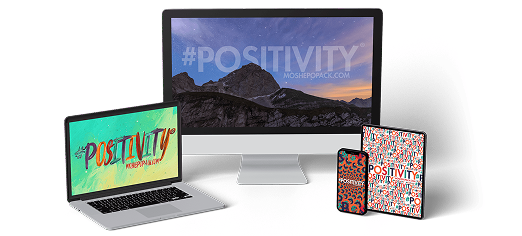Brooke Schnittman is a certified ADHD coach, who has over 20 years of experience working with individuals with ADHD. She’s also the author of “Activate Your ADHD Potential” and she’ll tell us why she believes ADHD is a superpower.
How Brooke defines ADHD:
“It’s a brain-based disorder. It’s neurological. … It’s not developed over time. It might show more over time, based on life circumstances but you had to be born with it. … Just to give you an example of some of the symptoms of ADHD, you might have distractibility, you might have daydreaming, hyperactivity internally or externally, and for women very often it’s internally. That’s why there is such late diagnoses for women, compared to boys in the classroom who usually have the external distractibility where they can’t sit still and they have to move around.”
Is ADHD more a product of biology or environment:
“So, nature vs nurture. There’s epigenetics, so, you can have the ADHD in you and because of the circumstances being challenging, highly stressful, or less structure – you don’t have your parents or teachers creating that structure for you – or perhaps you have a very unique childhood, maybe you’re adopted or you have abusive parents, or it just doesn’t feel safe, your ADHD symptoms can manifest earlier than in someone who is in a safer household; someone who has parents who might act as their executive functions, or has a teacher who might act as their executive functions.”
What are some of the symptoms of ADHD:
“Everyone’s symptoms can manifest differently, but I would say the big ones are distractibility and hyperactivity. Hyperactivity can be internal or external. For women, it’s very often racing thoughts. It can also be – for men too- thinking that people don’t like you, being called ‘highly sensitive,’ being an empath, having rejection sensitivity or rejection-sensitive dysphoria … so, that means you are perceiving other people thinking something about you that’s not true.”
Why Brooke sees ADHD as a superpower:
“If you get the right help that you need for your ADHD, you can thrive. You can do things that neurotypicals cannot. You can create things that neurotypicals cannot. Albert Einstein (had ADHD), Simone Biles (has ADHD) … I can go on, and on, and on of really amazing powerful people … The smartest person in the world, the most powerful person in the world; they have ADHD because they leaned into their strengths, and they pushed off the distractions.”
How ADHD can be an asset in the workplace:
“(People with ADHD) can get to the heart of the matter a lot faster than neurotypicals very often. We might not be able to describe the steps in getting there but we can very often problem solve and get to the answer quicker.”
How to tell others you have ADHD:
“It depends on who the person is. Is this someone that you trust very well? If it is, then you ask them, ‘Hey, can I share with you about how my brain works because I think it would be helpful for you to understand me a little bit more?’ And, of course, hopefully they’ll say yes and then you can say, ‘These are the things that I’m really good at. These are the things that I get bored at or I’m not as good at. Is there a way that we can maybe meet in the middle so I can do the things that I’m really good at and you can do the things that you’re really good at?’”
What if your child has ADHD?
“You have to really understand your child. And the only way to understand your child is to observe them, and be around them, and be present. … So, pause, and really connect and be intentional about spending time with your kids, even if just an hour a day. Make that uninterrupted time if you can. And start looking at the positives that they’re doing. Once you start pointing out the positives, then you change the way that you’re looking at them and they’ll open up more to you.”

